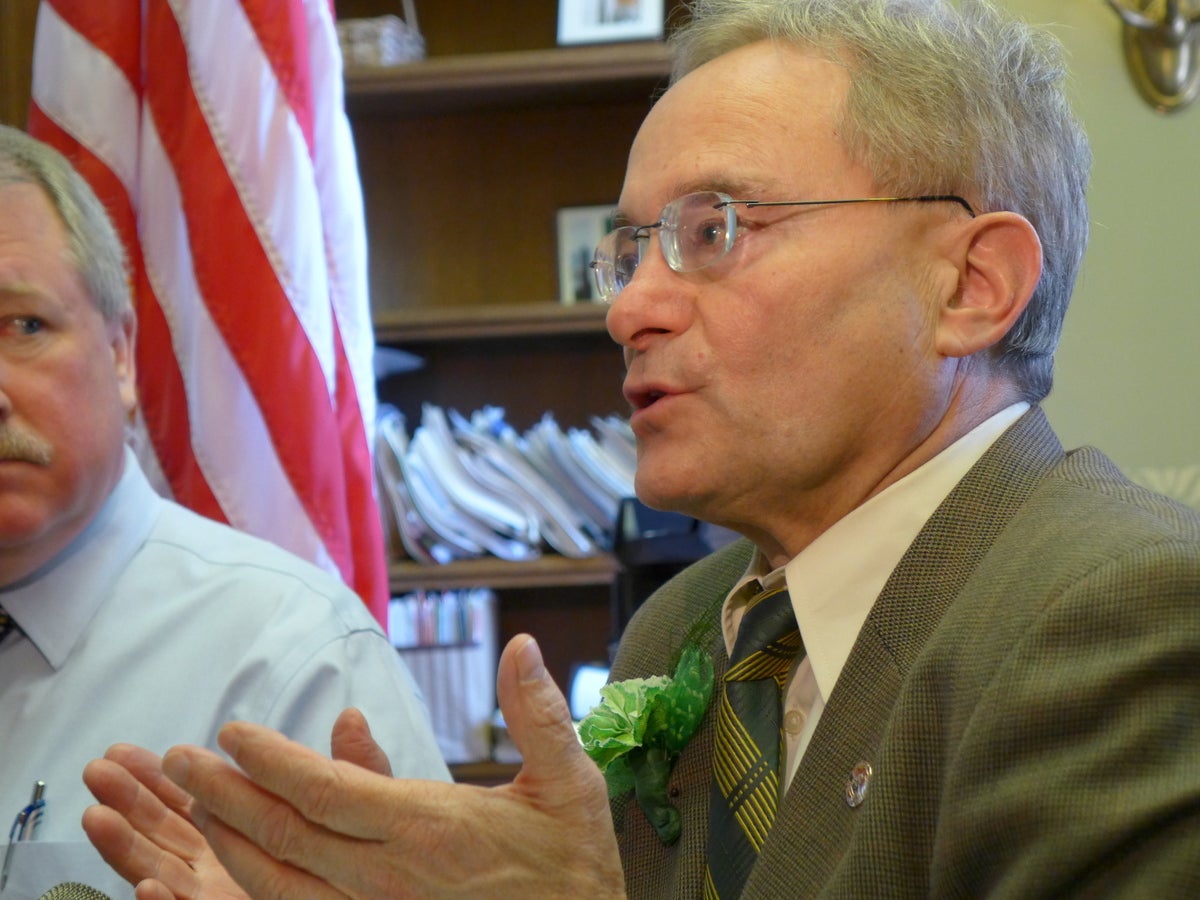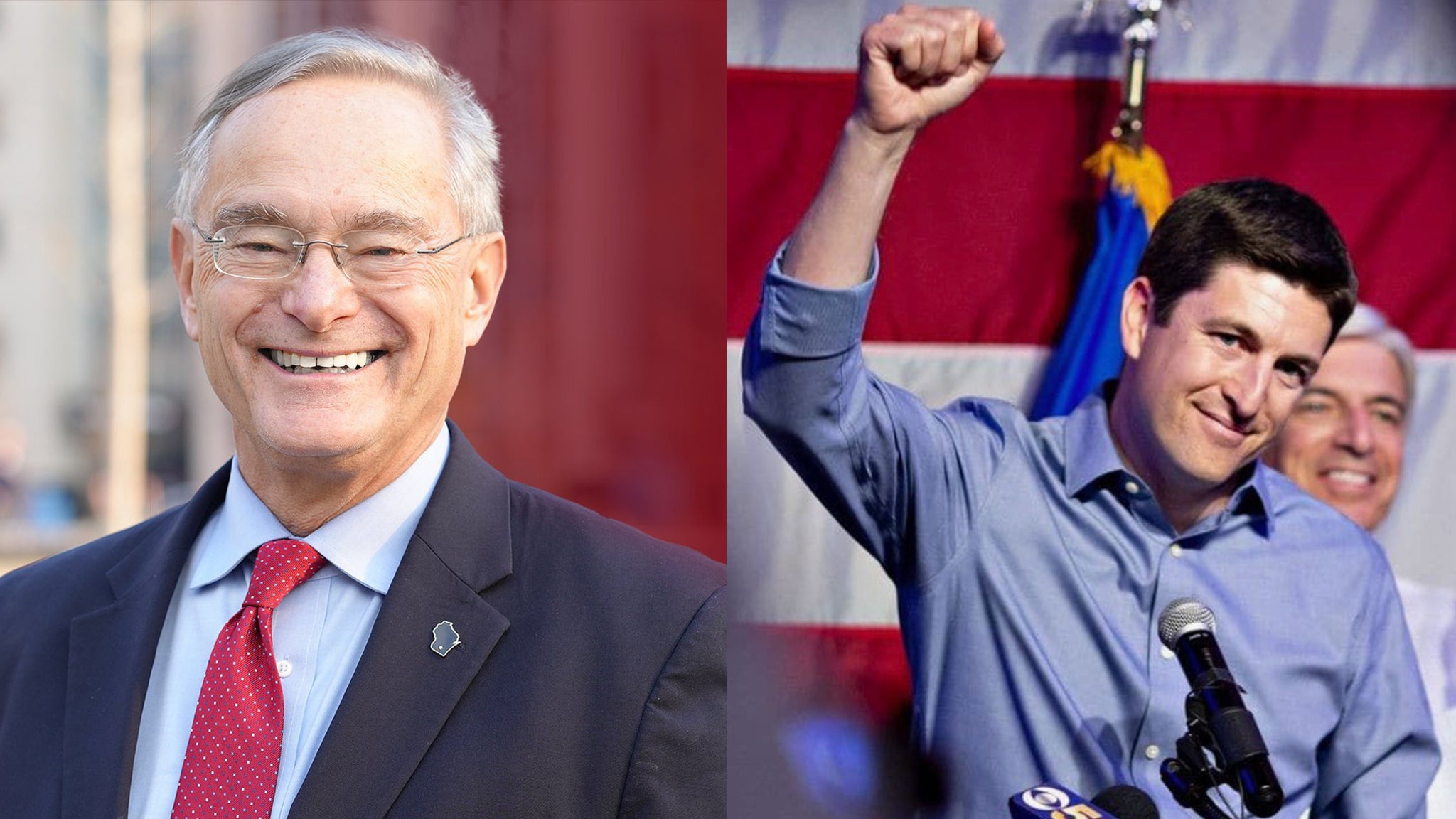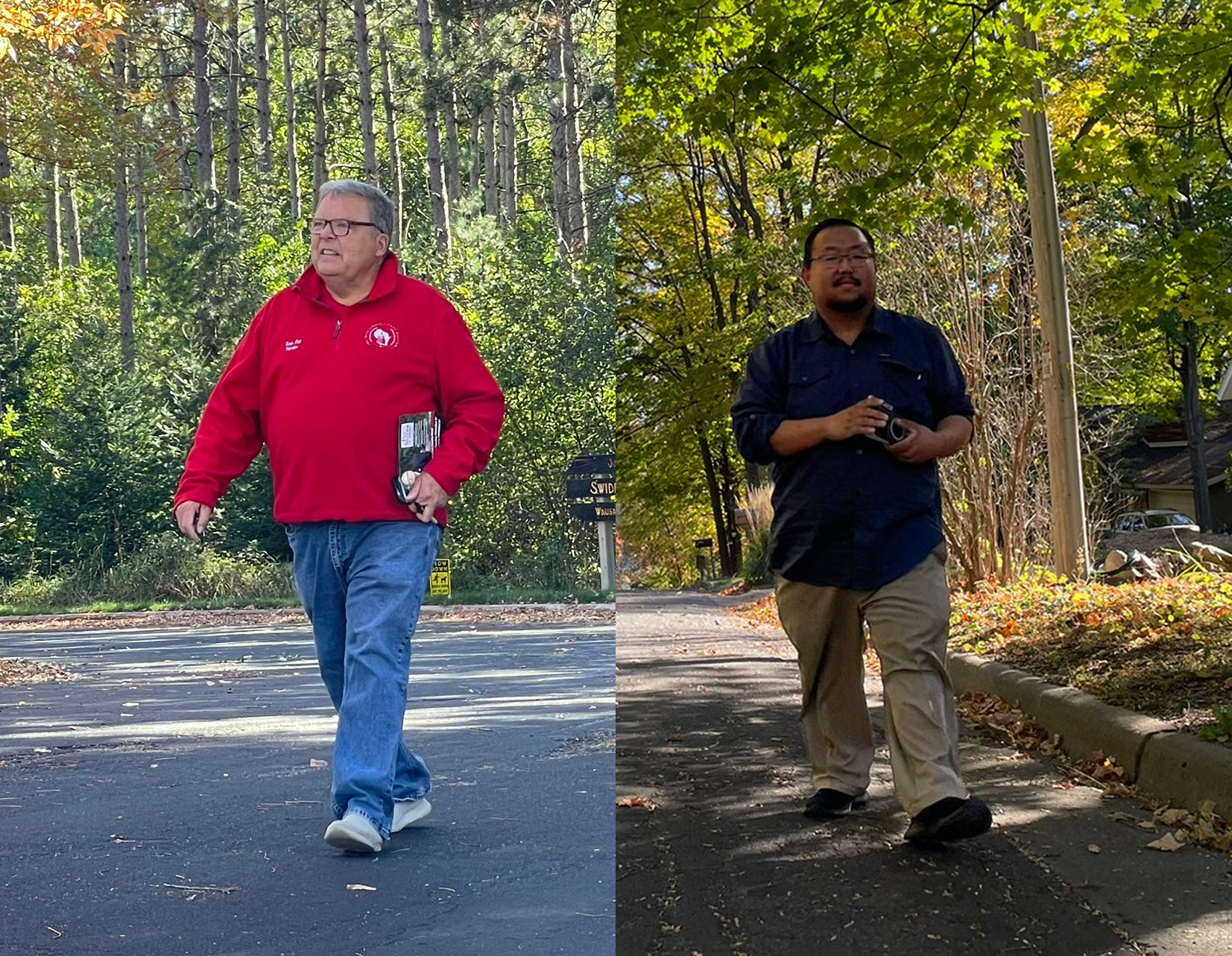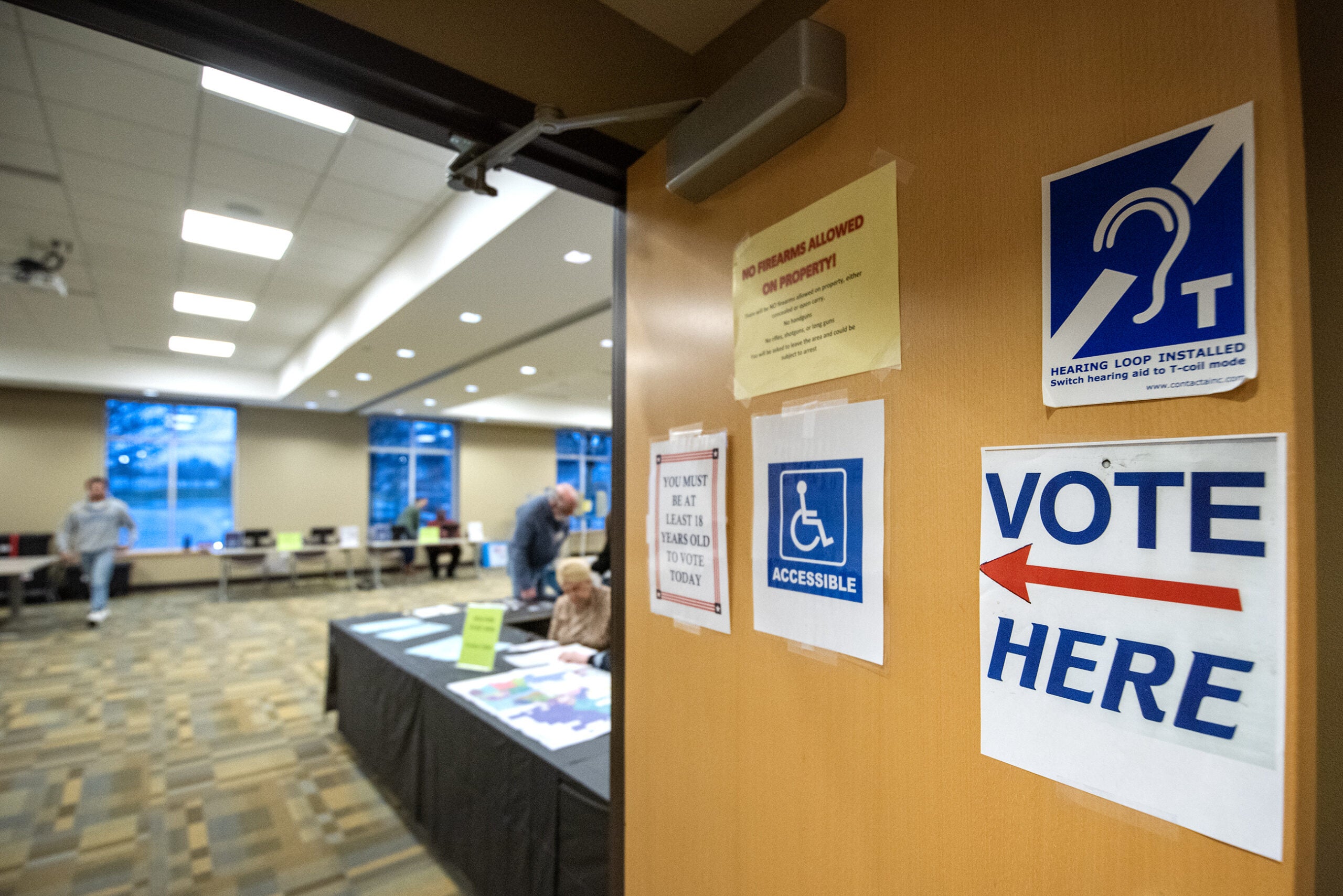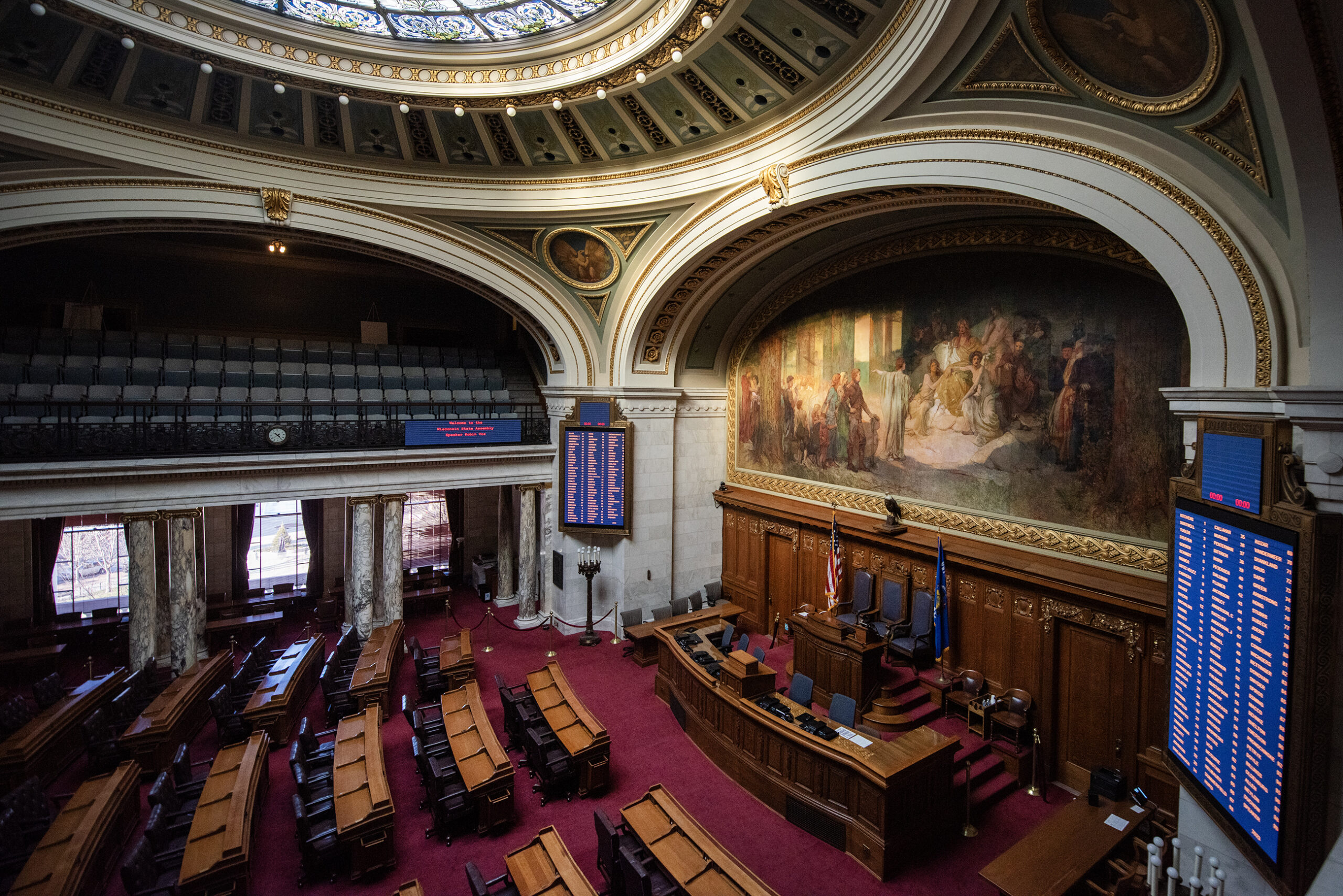When the next state Legislature convenes for the first time Tuesday, it will be harder than ever before for Wisconsin Democrats to influence what happens in their government.
After losing more seats to Republicans in the 2016 elections, Democrats will return to Madison with just 35 representatives in the Wisconsin Assembly compared to 64 for Republicans. The Senate is similarly lopsided with Democrats holding just 13 seats compared to 19 for Republicans.
Assembly Democratic Minority Leader Peter Barca said what worries him most about the year ahead are the surprises.
Stay informed on the latest news
Sign up for WPR’s email newsletter.
“Unfortunately, the last six years, the major changes that have been made were not things that Republicans ran on,” Barca said. “In 2014, they didn’t say, ‘Vote for me and we’ll make Wisconsin a right-to-work state. Vote for me and we’ll change prevailing wage.’ So it’s the surprises that worry me most.”
Some of the most contentious issues are already well-known.
The state faces a roughly $1 billion deficit in its transportation fund, a shortfall Gov. Scott Walker has proposed filling through a combination of delaying highway projects and continued borrowing. Some Assembly Republicans have shown a willingness to buck Walker when it comes to road funding, saying the state should explore other options like increasing the gas tax or vehicle registration fees.
In theory, Assembly Republicans have a lot in common with Assembly Democrats on that issue with members of both caucuses open to increasing revenue to pay for roads. Practically speaking, it will be extremely difficult Democrats to influence those decisions, and Barca said he’s not sure Republicans will find a long-term fix.
“I think we have a very rocky road ahead, no pun intended,” Barca said. “You have Assembly Republicans completely at odds with Gov. Walker and Senate Republicans. Hard to imagine that’s a prescription for resolving this issue.”
For Democrats, the next session may be measured not by the bills they’re able to pass but by how they present themselves to voters. Barca said he wants them to have a more focused message this session.
“Democrats sometimes have a tendency to talk about 10 things in a week, and people don’t necessarily absorb 10 things,” Barca said. “We need to be focused on those working-class issues. For (President-elect Donald) Trump to resonate in certain blue-collar types of areas tells me that people don’t automatically recognize that their lot is better cast with the Democrats.”
Barca said he thinks Democrats’ margins in the Legislature will grow if the U.S. Supreme Court upholds a decision that ruled Wisconsin’s Republican-drawn legislative maps unconstitutional. He said his personal focus is on the Minority Leader’s job and he has no interest in running for governor in 2018.
Senate Democratic Minority Leader Jennifer Shilling also ruled out a run for the governorship after she narrowly won reelection to her seat in November. Shilling said in a recent interview that Democrats need to do a better job of connecting with rural voters in the upcoming session.
Wisconsin Public Radio, © Copyright 2024, Board of Regents of the University of Wisconsin System and Wisconsin Educational Communications Board.
